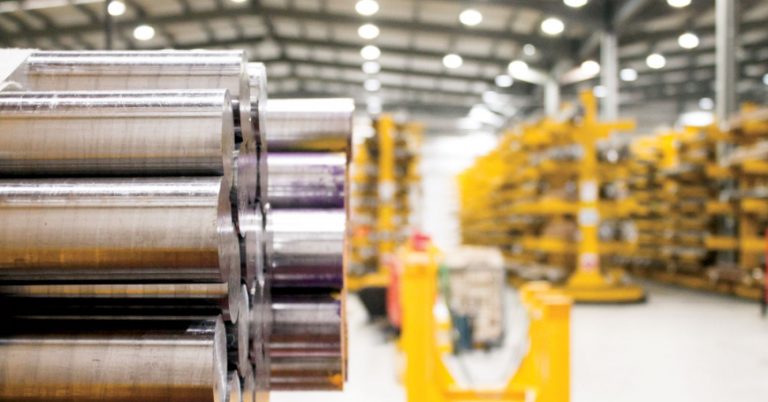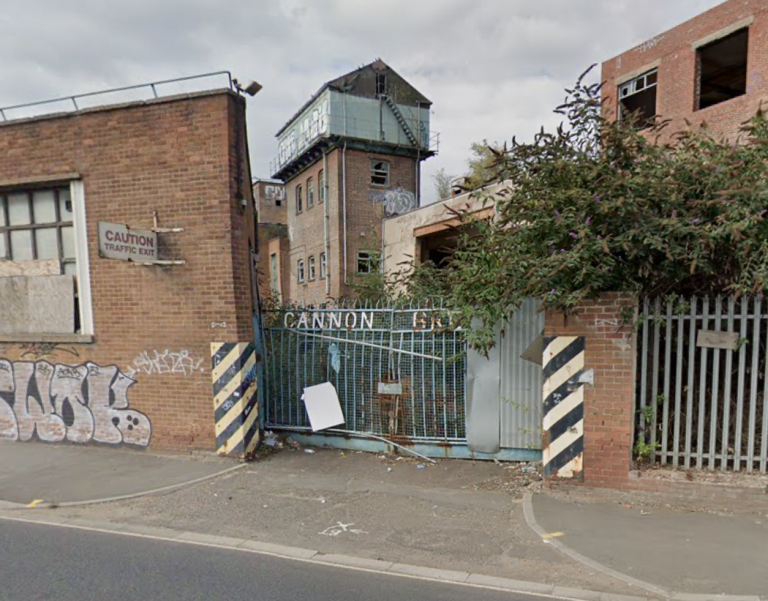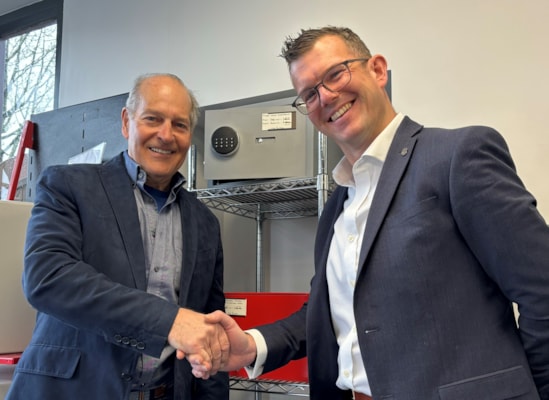Hotel owner makes further investment in historic Uphill Lincoln
EU bins import regulation and eases pressure on UK businesses
Thousands of UK businesses have been relieved of an admin burden after the European Union decided to lift its rules about importing products containing iron and steel to the EU.
Since last autumn, companies exporting such goods have been required to provide ‘mill certificates’ to prove the elements did not originate from Russia. This proved either expensive or impossible for many UK businesses, resulting in the loss of crucial export markets.
After months of talks involving the British Chambers of Commerce and officials from the UK and EU, the paperwork requirement has been scrapped. Officials in Brussels have now designated the UK as a partner country on steel sanctions against Russia, meaning the certification paperwork is no longer needed.
BCC’s Head of Trade Policy William Bain said: “Businesses up and down the country will be delighted at this outcome. A lot of hard work has got us to this position, which is strongly welcomed by the whole Chamber Network.
“We had many meetings and communications with both the UK government and the EU to highlight the negative impact the mill certificate requirements were having. In roundtables with senior officials, firms bravely described their experiences of ongoing lost orders and cash flow issues.
“Without those accounts from real businesses about the nature of the problem, and the need for a pragmatic fix, we could not have got this far. We’d like to thank to UK and EU officials for listening to the concerns of businesses and agreeing a solution.
“This is a big win for the collective power of our Chamber network. It’s a welcome boost for thousands of British exporters ahead of the Easter weekend.”
Andy sets himself a 25k run challenge to raise money for disadvantaged children
New capital at Liberty Steel leads to strategic direction for UK assets
Gainsborough firm names Operations Director
Gainsborough exhaust manufacturer Eminox has promoted Greg Kent to the role of Operations Director.
He says: “Having held roles in different industries, I have always maintained the view that teamwork, people development, and a desire to do our best drives success,” said Greg. “Led by the Hexadex Group, Eminox has a clear direction and strategy, and I am very proud to be part of the business as it continues to play a major part in shaping a net zero future.” Greg joined Eminox eight years ago. In his latest role as Head of Manufacturing he has been part of the production team, helping steer the business and maximising its opportunities for growth and diversification. He will take responsibility for all elements of operations, working closely with other members of the senior leadership team to ensure Eminox continues to be a market leading developer and manufacturer of emissions reduction technologies.Farming and construction get green light for hydrogen-powered vehicles
“These proposals are an important part of our plan to decarbonise transport in the UK, with skilled jobs in British companies helping roll out this cutting-edge hydrogen technology, making it more affordable and commonplace.
“Hydrogen-powered construction and farming vehicles can improve the sustainability of the sector by reducing emissions from the tailpipe.” The launch of the consultation comes after the government issued construction equipment manufacturer JCB with a vehicle special order last year, giving the company permission to test its hydrogen-powered diggers on UK roads. Today’s proposals will expand this permission permanently across the sector, meaning manufacturers can more easily scale up production of sustainable equipment where battery electric isn’t practical.Energy-intensive industries expected to see cost reductions
“Energy-intensive industries are vital to our economy. The announcement today will ensure that the UK remains an attractive investment destination and support thousands of high-skilled jobs across the country.
“Putting energy-intensive industries on an equal footing with the world’s other major economies is crucial to helping these businesses remain internationally competitive.” It will also enhance the UK’s appeal as a target for international investment as well as remove barriers on the road to greener technology and a sustainable net zero future.Small firms’ VAT rules change from today
Transformation of former brewery site in Sheffield moves step forward
Social impact developers Capital&Centric have completed the purchase of the site, paving the way for a new chapter after more than a quarter of a century of dereliction. Initial remediation and site investigations will now begin on site this spring.
With an outline planning application submitted, work has also now started on detailed designs for the district – set to feature over 500 rental homes, new workplaces and spaces for independent shops, delis and café-bars.
Capital&Centric are working with the South Yorkshire Mayoral Combined Authority and Sheffield City Council to make the blueprint a reality. The Combined Authority awarded a £11.67 million grant to kick-start Cannon Brewery, with further Homes England funding also announced for other development sites in Neepsend.
South Yorkshire’s Mayor, Oliver Coppard, said: “Cannon Brewery, which takes its design cues from Neepsend’s historic identity, is an exciting opportunity to bring an under-developed brownfield site back to life.
“Through collaboration with Capital&Centric, we want to ensure that the plans being developed set a new high bar for regeneration across South Yorkshire.
“The ambition is not just for more and better homes, but for the whole development to attract investment, create spaces for new businesses to establish and further cement our well-deserved reputation as being a brilliant place to live. And I’m pleased to say we’re actively looking at other places across South Yorkshire where we can unlock more opportunities.”
The plan is to retain some of the most interesting buildings from the former brewery, with an urban park surrounding the existing water tower, as well as a new public square surrounded by shops and cafes, with spaces for pop-up events.
Richard Spackman, development director at Capital&Centric, said: “Cannon Brewery has stacks of potential and, by collaborating with the council and combined authority, we’re unlocking regeneration at a massive scale but in a considered way. There’s a real buzz about the future of Neepsend as the city’s next growth district, but everyone wants to see the neighbourhood designed in a way that Sheffield can be proud of.
“Sheffield is having a real moment and is successfully attracting more start-ups, investment and people that want to live here. We committed to securing about £200 million of investment into regeneration sites in the city a few years ago and we’re making good on that vision, with a brownfield-first approach to growing the city and a pipeline of projects in the works.
“With the Cannon Brewery site now fully acquired, we’ll be getting going with surveys and investigations that will underpin the detailed plans we aim to submit to Sheffield City Council later this year.”
Once home to Stones Brewery, the site – made up of two triangular plots bordered by Neepsend Lane and Boyland St – was the birthplace of the UK’s best-selling bitter at the time, before the doors closed for good in 1999.
Capital&Centric’s outline application aims to set the initial parameters for the district, including the footprint of the new buildings, buildings to be retained, heights and access points. Whilst previous plans had proposed for all buildings at the site to be demolished, Capital&Centric is aiming to keep those that it’s feasible to retain and repurpose.












